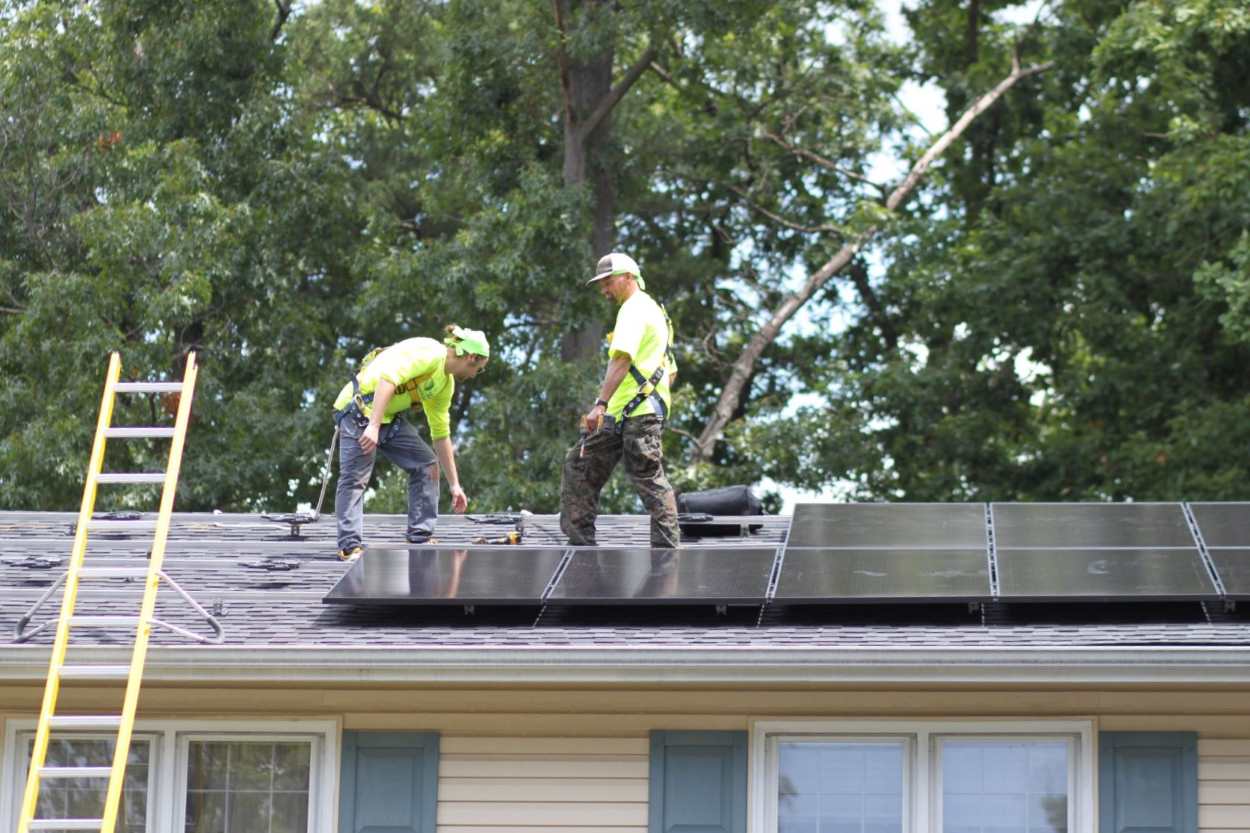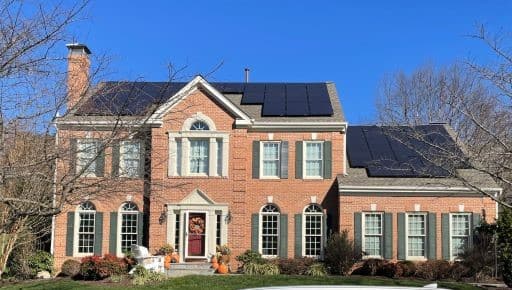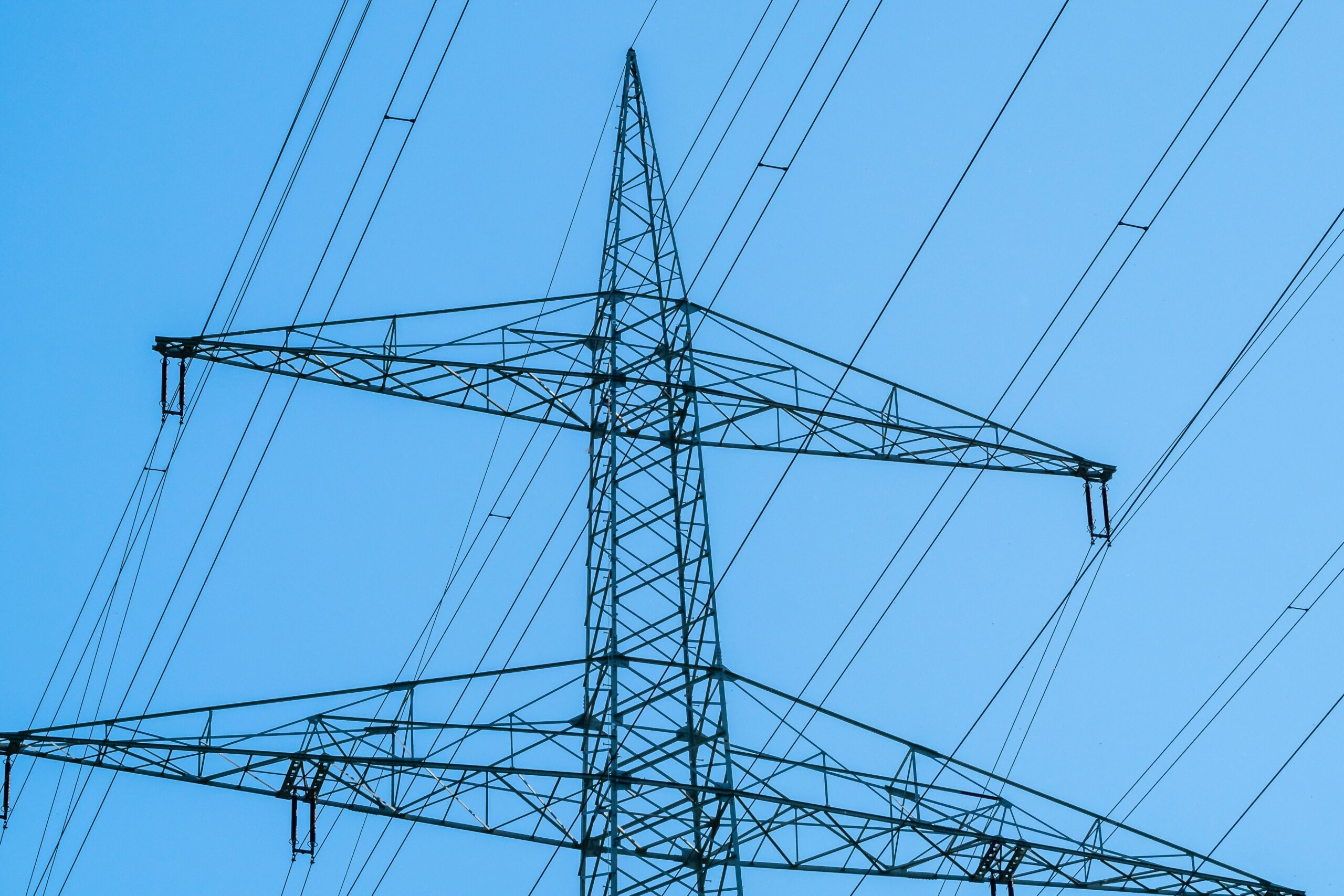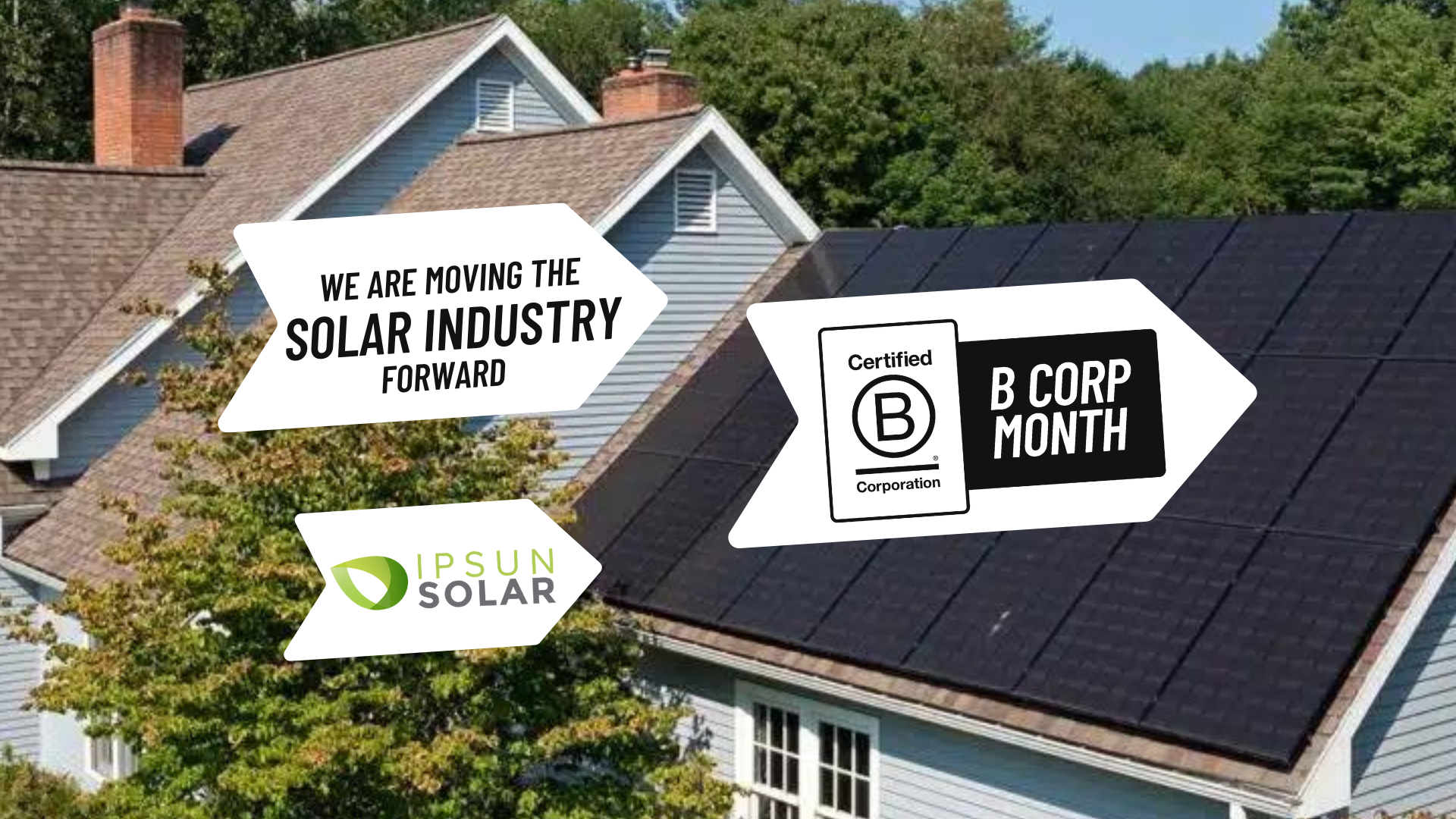Solar energy is a clean, renewable source of power that has grown in popularity with many homeowners. Using solar panels can reduce your monthly spending on electricity and contribute to a healthier environment. But have you ever wondered how many solar panels it takes to power a house?
Let’s explore how many solar panels are needed to power a typical home, considering a range of factors, and go through a sample calculation.
Factors Affecting Solar Panel Requirements
Several elements impact the number of solar panels required for a home. We’ll look at four primary considerations: solar panel efficiency, average electricity consumption, solar panel wattage, and production ratio.
Efficiency of solar panels
Solar panel efficiency is the percentage of sunlight converted into usable electricity. Today, the efficiency of most solar panels on the market ranges between 15% and 20%. Higher-efficiency panels can generate more power in a smaller space but are more expensive.
Annual electricity consumption
In 2021, a U.S. residential customer’s average annual electricity usage was 10,632 kilowatt-hours (kWh), or about 886 kWh per month. The consumption of your household may vary depending on your lifestyle, size of your home, and the number of residents.
Solar panel wattage
Panel wattage is the amount of power a solar panel can produce under ideal conditions. Most panels have a wattage capacity between 300 and 400 watts. Panels with higher wattage can generate more electricity but are more costly.
Production ratio
The production ratio measures how much electricity a solar panel system will generate compared to its capacity. In the U.S., this typically ranges between 1.3 and 1.6. A higher ratio means more electricity production.
Understanding Solar Panel Efficiency

Several factors can affect the efficiency of solar panels:
- Temperature: Solar panels become less efficient as temperatures rise. Proper ventilation and installation can help alleviate this situation.
- Angle of incidence: The angle at which sunlight strikes the panel can impact efficiency. Ideally, panels should be tilted to face the sun directly.
- Dust and debris: Accumulated dirt and debris on the panel surface can reduce efficiency. Regular cleaning helps maintain optimal performance.
Sample Calculation
Putting the theory into practice, let’s walk through a sample calculation to determine how many solar panels a home needs. We’ll estimate energy needs, size the solar system, and calculate the number of solar panels needed.
Estimating energy needs
To calculate how many solar panels you need to power a house, you must first determine your annual electricity consumption to estimate your home’s energy needs.
For this example, let’s use the average U.S. residential consumption of 10,632 kWh annually. If you’ve made energy-saving improvements to your home, such as upgrading appliances or adding insulation, you may need to adjust this accordingly.
Sizing the solar panel system
Next, determine the size of your solar panel system based on your energy needs and the desired production ratio. Using a production ratio of 1.4 as an example, divide your annual electricity consumption by the ratio:
10,632 kWh / 1.4 = 7,594 W or 7.594 kW
In this example, you need a 7.594 kW solar panel system to meet your energy needs.
Calculating the number of solar panels needed
Now, divide the system size by the wattage of the solar panels you plan to use. Assuming you’re going to use a 400 W panel:
7,594 W / 400 W = 18.985 panels
Since you can’t install a fraction of a panel, round up to the nearest whole number. In this example, you would need 19 solar panels to power your house.
Other Factors to Consider
Several additional considerations can impact the success of a solar panel installation. Let’s explore the influence of geographical location, roof size, and energy storage solutions on a solar panel system.
Geographical location and climate
Home location and climate can impact your solar panels’ efficiency and energy production. Areas with more sunlight will generate more electricity, while cloudy regions or those with frequent snow may produce less.
Roof size and orientation
The number of solar panels you can install may be limited by the size and orientation of your roof. South-facing roofs typically receive the most sunlight, while east and west-facing roofs are likely to produce slightly less electricity.
Energy storage solutions
Consider adding a solar battery to your system to help store excess electricity when the sun isn’t shining. However, while this can increase your energy independence, it may also add to the overall cost of your solar panel system.
Tips for Choosing a Solar Panel System

Choosing the right solar panel system can be an overwhelming task. Here are some useful tips to guide you through your selection:
Compare solar panel brands and technologies
Research various solar panel manufacturers and compare their products in terms of efficiency, price and warranties.
Evaluate the experience and reputation of solar panel installers
Choose a reputable solar panel installer with a verifiable record of successful installations. Look for online reviews and ask for references to ensure you work with trustworthy professionals.
Assess warranty and guarantee
Solar panels typically have a performance warranty that guarantees a specific efficiency level over a set period (usually 25 years). Understand the terms of the warranty and consider the manufacturer’s reputation before deciding.
Final Thoughts on Determining Solar Panel Needs
Determining how many solar panels you need to power a house is essential for maximizing the benefits of your switch to solar energy. Using the provided tips, you can estimate the appropriate number of panels to meet your household’s energy needs. To ensure an accurate assessment, consult a solar professional who can provide a tailored solution based on your unique circumstances.
At Ipsun Solar, we are dedicated to providing our clients with exceptional service and products that are tailored to their individual needs. We believe in helping families better understand the true value of solar energy and what to look for when receiving a solar quote.
Contact Ipsun Solar online today or at (703) 249-6594 to learn more about our comprehensive solar energy solutions and how we can help you achieve your energy goals while supporting the local economy.




